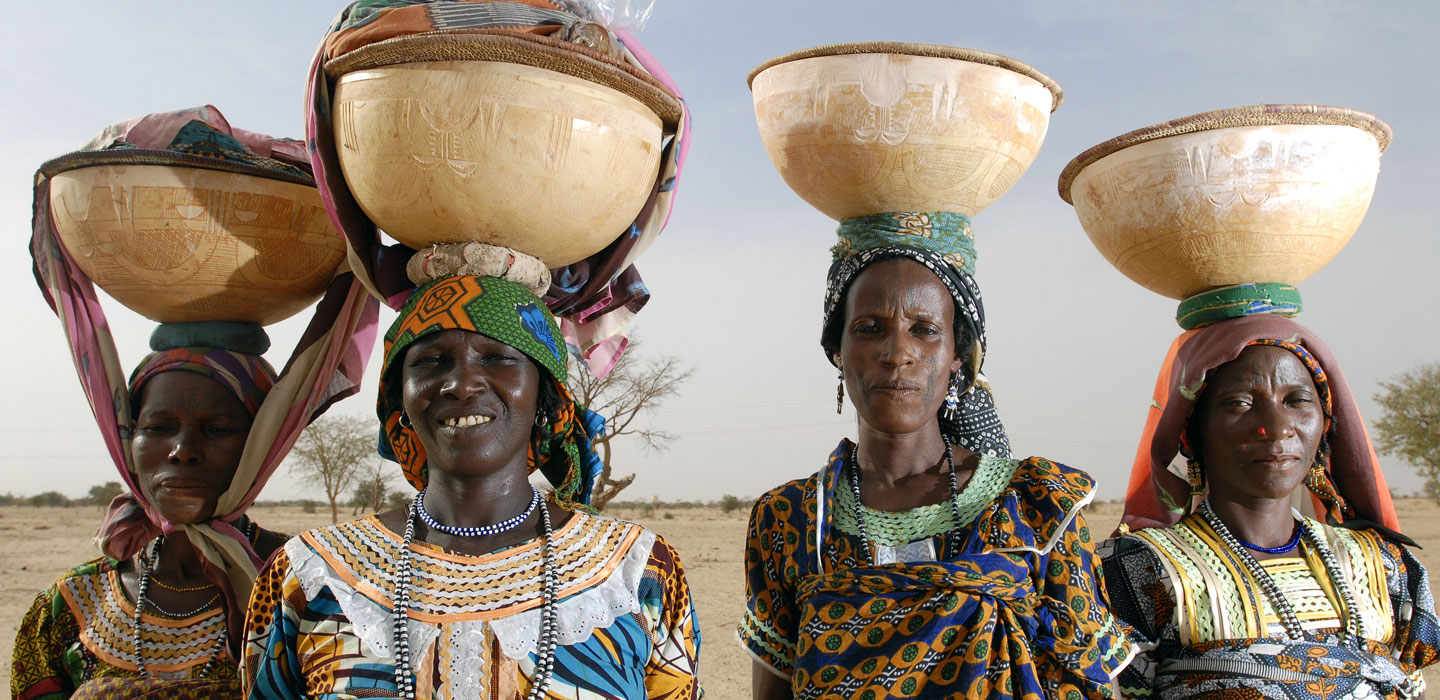Herramientas y Guías
Herramientas y Guías

Herramientas y Guías
Visualización del menú
Search Results Filters
Resultados de la búsqueda
Toolkit: Youth Access to Rural Finance
The Lessons Learned and How To Do Note on this topic provide IFAD country programme managers, project design teams and implementing partners with insights and key guidance on designing and offering appropriate financial services for rural youth. The toolkit on Youth Access to Rural Finance synthesizes best practices and offers examples from around the world.
Lessons learned: Youth Access to Rural Finance
Although there have been improvements in YFS access, youth are still lagging significantly behind adults in being able to access financial tools. Across high- and low-income countries, young people are less likely than adults to have a formal account. There are even starker differences related to a country’s income level, with 21 per cent of youth in low-income economies having a formal account compared with 61 per cent in upper-middle-income economies (Demirguc-Kunt et al., 2013).
Even with this data, determining the exact extent of youth access to financial services can be complicated because there is a lack of consistent data and definitions on youth (see Box 3). The lack of data is more limited for rural areas.
While there is some analysis of the urban-rural gap in access to financial services, with those living in cities significantly more likely to have an account than rural residents (Klapper, 2012), there are currently no comprehensive studies with disaggregated data for rural youth.
Una agricultura y un desarrollo rural que tienen en cuenta la nutrición
En 1977 el FIDA incluyó la mejora del “nivel de nutrición de las poblaciones más pobres de los países en desarrollo” entre los principales objetivos de su Convenio Constitutivo.
Desde entonces, los gobiernos, la sociedad civil y las organizaciones de desarrollo también han acabado reconociendo la importancia fundamental de la nutrición —que comprende la desnutrición, las carencias de micronutrientes y el sobrepeso— para el desarrollo.
La nutrición no es solamente un resultado del crecimiento económico, sino que, al mejorar el capital humano, es también un insumo esencial para el desarrollo económico y social.